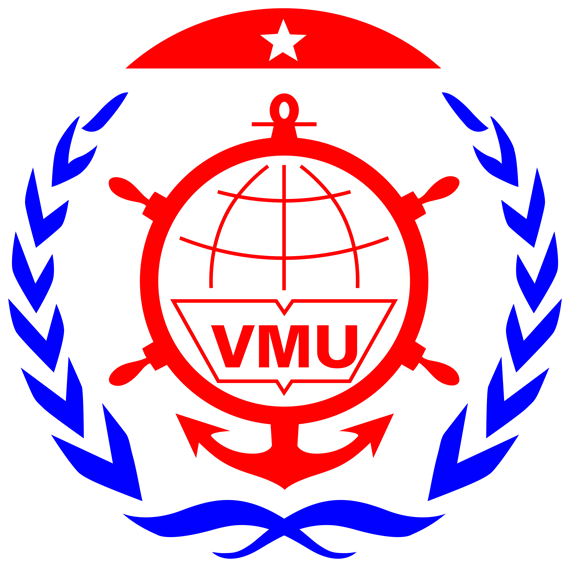The Arctic and South East Asia Share Environmental Shipping Challenges:
Pan-Pacific Blue Shipping Workshop Held in Hai Phong April 17–18
In January 2017, the United Nations’ International Maritime Organization put into place the Polar Code, historic environmental regulations for cargo shipping through the newly-melted Arctic shipping channels that represent a new means of global circumnavigation—an alternative to Southeast Asia’s Straits of Malacca. Pathways to circumnavigation are not the only environmental characteristics in common among these two geographies: shallow waters in both areas (and ice in the Arctic) represent a capsizing and oil spill risk. Slower marine mammals risk being struck by ships, and faster movers' behavior may be disrupted by shipping noise. And traditional livelihoods—subsistence hunting in the Arctic and artisanal fishing in Southeast Asia—depend upon the environment’s continued functioning.
Because of these shared characteristics and the potential to learn from one another, Pacific Environment (eNGO, San Francisco) and Vietnam Maritime University (VMU) are convening the International Pan-Pacific Blue Shipping Workshop on April 17–18, 2017, on the VMU campus in Hai Phong. Representatives of organizations working in the United States, Russia, Malaysia, Thailand, and Vietnam will examine environmental impacts of the cargo shipping industry and ways to mitigate them. Attendees include Russian and American environmentalists who worked on the design of and campaigned for the Polar Code; Russians advocating for coal terminals that do not cause port city air pollution; and Vietnamese shipping regulators, maritime scientists, industry representatives and environmental non-profit representatives. The overall goal of the workshop is to build momentum toward implementing ‘’blue shipping’’ practices in Southeast Asia by developing a common understanding of the threats posed by shipping, priorities for action, and next steps for collaborative action.
Clean and environmentally-safe shipping practices to be covered during the workshop include:
- Emission control regulations for shipping to limit air and water pollution in coastal waters and port cities
- The use of shipping protected areas to prevent damage to corals and collisions with marine mammals and turtles, and maintaining maritime security in dispute marine waters in the Pan-Pacific region
- 'Choke points’ of oil spill risk and developing safe routing measures, and
- industry measures to stop illegal wildlife trade.
Contact: Duong Phan Anh, Department of International Relations, VMU
Mobile: (+84) 973782975
Email: anhdp@vimaru.edu.vn
